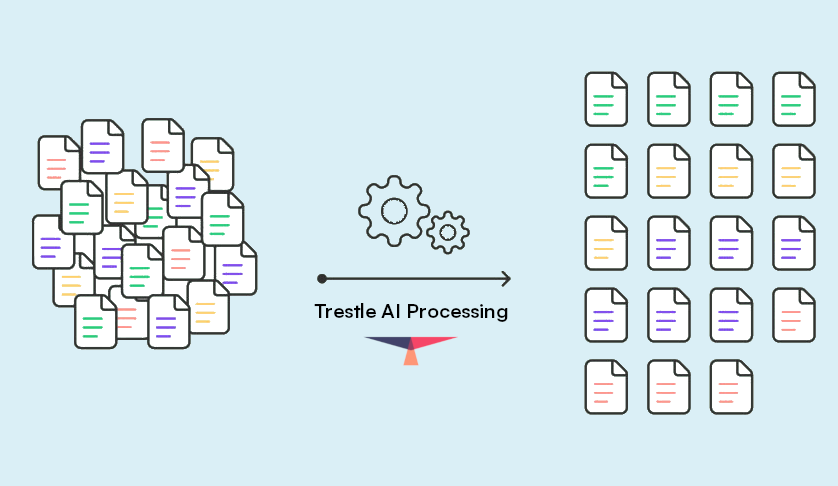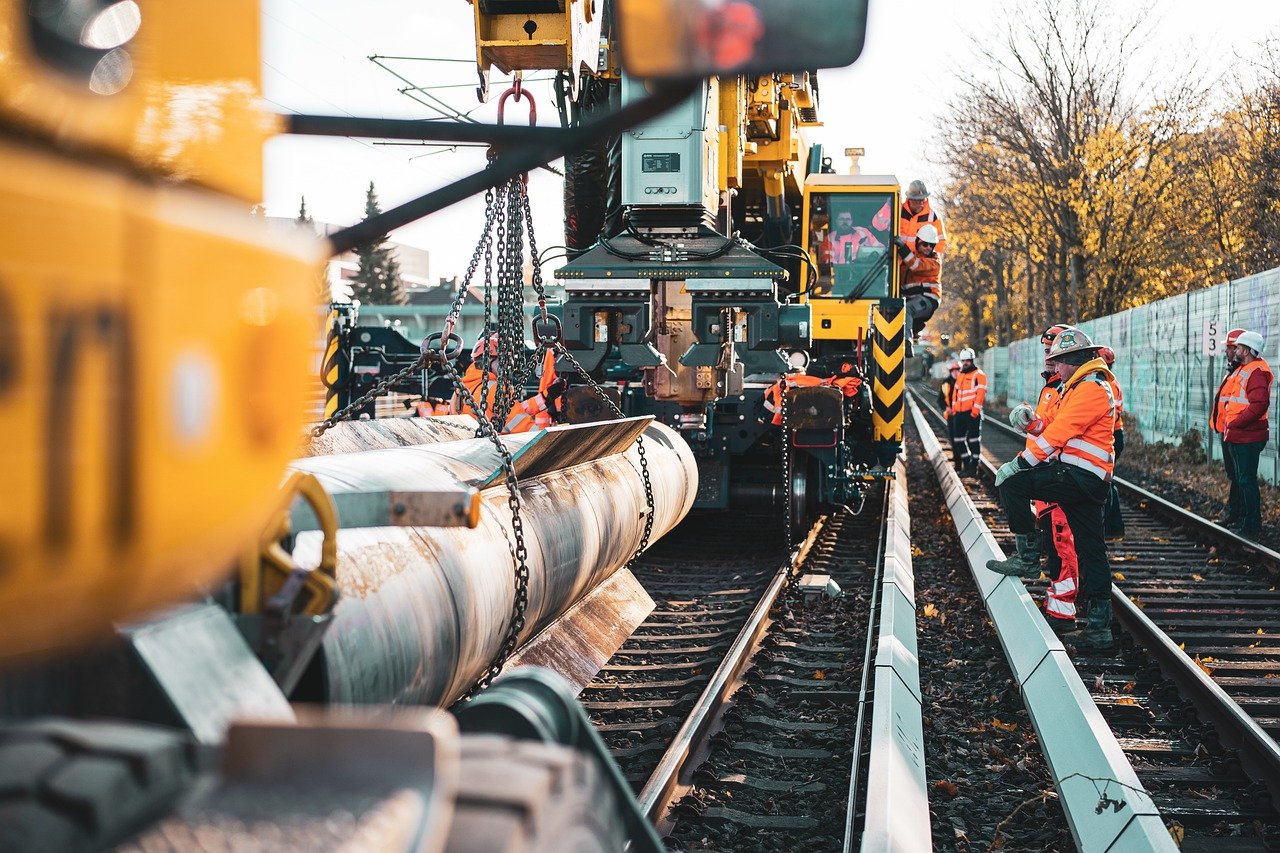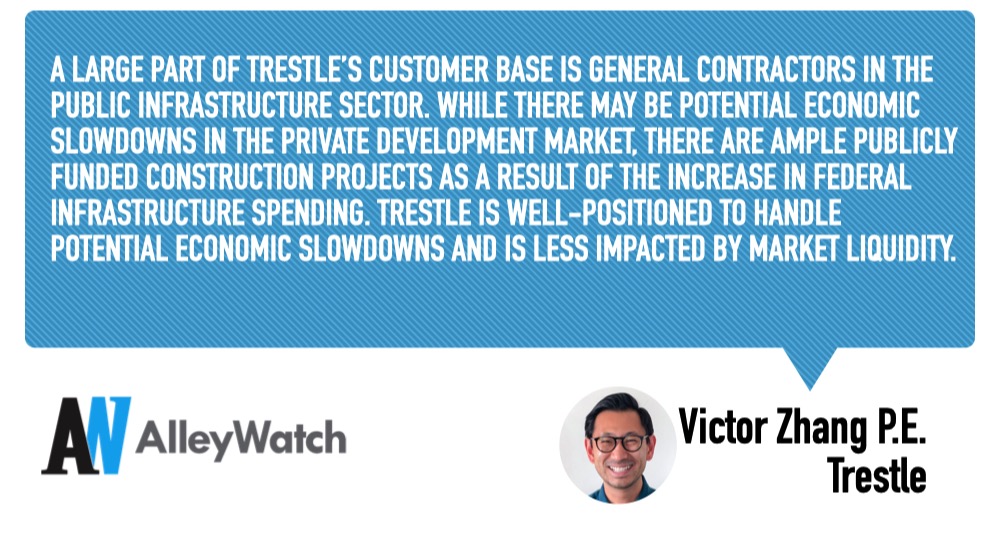The Human Side of Construction and Subcontractor Management


Construction is a large business, but the industry itself is relatively small. The workforce relies on people-to-people relationships, and everyone seems to be linked through only a few degrees of separation.
Subcontractor management requires construction workers and leaders to prioritize the human side of construction. They often meet face-to-face and adopt technology that supports communication and project transparency. In doing so, they can establish long-lasting relationships and retain the best workers and teams in their networks.
Construction is all about the people, and your software and practices should support this fact.
Interpersonal Relationships in Construction
A construction company's most vital asset is its people and the experiences they bring. While equipment and the value of buildings are important, they're inconsequential without a dependable team to operate and build them.
Interpersonal relationships are incredibly prominent in construction, especially when working with vendors. General contractor jobs are often awarded to subcontractors because of their longstanding, positive relationships with clients. However, this relationship-building doesn't occur overnight. It requires dedication, communication, and the right tools to keep all parties on the same page.
In-Person Meetings and Events
While various industries have pivoted to remote and hybrid work in recent years, construction remains primarily hands-on and in-person. Many construction workers and leaders prefer to meet in person and shake hands whenever possible.
For example, when discussing project plans, a general contractor may prefer to meet with their client in one of their offices rather than over Zoom. This in-person interaction can improve communication by giving everyone opportunities to share their thoughts and follow along. Getting to know each other personally can also assure clients that their projects are in good hands.
Many people in the industry attend construction conferences and other events to expand their networks. These events often include workshops, seminars, and meet-and-greets where construction workers can learn new skills and meet other professionals. They're particularly beneficial for finding local subcontractors, suppliers, and vendors with similar growth mindsets.
Word of Mouth
Word of mouth is wildly important in the construction sector, particularly for subcontractors, vendors, and start-ups. Vendors are often hired based on referrals and past experiences.
Many general contractors use vendor management software to track their subcontractors' previous performances and ratings. This guarantees they can prioritize the vendors they've worked well with and avoid the subcontractors who may set them back. It also improves construction accountability by letting them identify errors and risks across operations.
Most contractors also require prequalification for new vendors. During these processes, the company will check subcontractors' references to discuss their past work experiences. Hearing firsthand whether a vendor is reliable significantly impacts the contractor's final decision.
Loyalty and Accountability
Despite record-high employment rates, the construction industry is facing a severe labor shortage. Most contractors don't have enough workers to meet the market's current needs, resulting in some employees taking on multiple roles.
Though the numbers have changed, construction's manpower shortage isn't anything new. General contractors, subcontractors, and other teams often struggle to maintain their staff long-term. These risks may become more prominent as nearly 2 million construction employees are expected to leave the industry in 2024.
Nevertheless, many construction companies retain their staff for years or even decades after hiring them. These companies often have positive work cultures, beneficial tools, and salaries that meet employees' expectations. They also generally have reliable channels for feedback, guaranteeing one-time mistakes don't become habits that continue to affect the entire team.
Contractors who retain their workers tend to offer better services because their employees are more experienced in working together. There's really no substitute for this level of collaboration, and many clients know to only work with construction companies with loyal workforces.
Supercharging the Human Aspect of Construction
Understanding the interpersonal elements of subcontractor management is critical when adopting new software and practices. Your digital solutions should support the construction workforce and every person on your team.
Like in most industries, construction employees often worry that technology will threaten and replace their jobs. However, most businesses that have relied on artificial intelligence (AI) and other digital advancements have experienced implementation problems, errors, and other setbacks. Though it can simplify jobs, technology can never truly replace the human element — especially in construction.
Experienced construction leaders recognize that employees are more important than their equipment and solutions. Instead of finding tools to replace their teams, they prioritize digital solutions that aid employees and meet their immediate needs. This can speed up tasks, lower project costs, and take some of the burden off employees' shoulders. For example, most new AI construction software focuses on aiding workers' current processes rather than replacing them.
The benefits of people-centered construction software include:
- Improved communication and collaboration
- Improved information-sharing between departments
- Simplified tasks, such as double-entering paperwork and updating inventory
- Easier-to-access information
- Better project transparency
- Comprehensive cybersecurity
Optimize Construction Subcontractor Management With Trestle
Construction is a people business, and the software you use needs to be built to complement this. Trestle understands the complexities of subcontractor management, especially when building professional relationships. That's why we're in the business of making construction workers better, faster, and stronger across all parts of their jobs.
Trestle Benchmark is a data-driven vendor management software that lets you track subcontractors' past performances and other essential details. It can even improve how you approach each vendor on your list, especially if certain contacts have specific preferences or needs.
Schedule a demo of Trestle Benchmark to optimize the human side of construction.
Keep Reading





